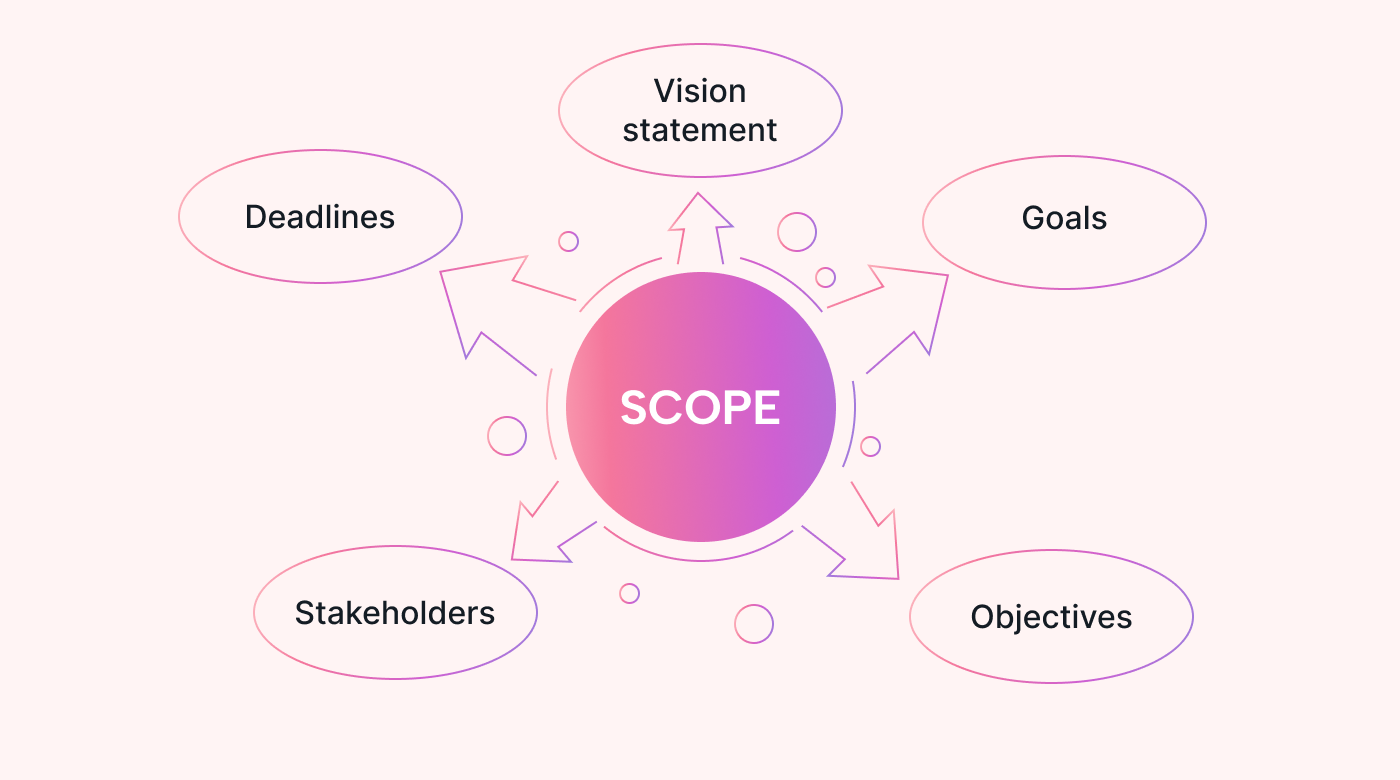How to Research Effectively for Humanities Projects
How To Research Effectively For Humanities Projects The study of human culture, society, and history is a component of humanities research. It encompasses fields such as the arts, philosophy, sociology, literature, and history.
In order to provide well-supported arguments and gain a deeper comprehension of the topic matter, conducting excellent research is essential for humanities assignments. Students can use this page as a guide to help them do comprehensive, well-structured, and perceptive research for their humanities assignments.
1. Understand the Scope of Your Project
Before beginning your research, it is important to understand the scope of the project. Humanities research can vary from in-depth literary analysis to the study of historical events. Clarify the following:
- The assignment or research question: Understand what you’re being asked to research. Are you analyzing a text, exploring a historical event, or examining a cultural phenomenon?
- Key themes and concepts: Identify the central themes, questions, or issues related to your topic.
- Boundaries of the project: Define the parameters of your research. What time period, region, or specific works will you focus on?
Understanding the scope will help you target your research and avoid veering into irrelevant areas.

2. Conduct Preliminary Research
Preliminary research allows you to familiarize yourself with the broad context of your topic. This step involves exploring general sources to understand the background and significance of your subject.
- Start with encyclopedias and databases: Use reputable sources like academic encyclopedias (e.g., Oxford Reference) to gather background information on your topic.
- Look at overviews and introductory texts: Books, articles, or summaries of the subject can provide foundational understanding and help you identify key issues.
- Identify important scholars: Find influential authors, theorists, or historians in your field who have contributed significantly to the topic.
Preliminary research will provide context and help you refine your research question and focus.
3. Formulate a Clear Research Question or Thesis Statement
Based on your preliminary research, you should develop a clear research question or thesis statement. This will guide your entire research process. A good research question is:
- Specific: Focused on a particular aspect of your topic.
- Debatable: Open to interpretation and discussion, rather than being a simple fact.
- Focused: Narrow enough to explore in depth within your project’s timeframe and word limit.
Your research question will direct the kind of sources you seek and the structure of your argument.
4. Identify Relevant Sources
Effective research depends on using the right sources. Humanities projects require a variety of sources, from primary to secondary materials.
- Primary sources: These are original documents or artifacts from the period or topic you are studying. Examples include novels, letters, government documents, speeches, artworks, and photographs. Primary sources allow you to interpret the material firsthand.
- Secondary sources: These include scholarly books, journal articles, and analyses that interpret or discuss primary sources. Secondary sources provide insight into the existing scholarship on the topic.
- Tertiary sources: Encyclopedias, handbooks, and textbooks provide general information or summaries of key facts.
When selecting sources, prioritize scholarly, peer-reviewed materials, and ensure they are relevant to your topic.
5. Utilize Online and Library Databases
Modern research heavily relies on digital resources. Many university libraries provide access to databases that offer peer-reviewed journals, e-books, and other academic materials. These tools help you access credible and specialized information.
- Google Scholar: Use this tool to find academic articles, theses, books, and conference papers.
- JSTOR, Project MUSE, and other academic databases: These offer access to academic journals and e-books in the humanities.
- Library catalogs: Use your university library’s online catalog to search for books, articles, and archival materials.
It’s essential to learn how to effectively navigate these databases, using keywords, filters, and citation tracking.
6. Take Detailed Notes
As you read and analyze your sources, take detailed notes. This will help you track important points, quotes, and ideas for later use in your project. Organize your notes in a way that is easy to reference later. Here are a few tips:
- Use digital tools: Tools like Zotero, EndNote, or Evernote allow you to organize and annotate your notes digitally. You can also generate citations from these tools.
- Keep track of citations: Always note the full citation for each source. This will save you time during the writing process when you need to cite your sources correctly.
- Summarize and paraphrase: Rather than copying and pasting, try to summarize key points in your own words, which will help you better understand the material.
7. Organize Your Research
Effective organization is key to keeping your research process on track. You will likely have a wide range of materials, and sorting them is crucial for efficiency.
- Create a system for categorizing sources: Group materials by theme, argument, or type of source (e.g., primary vs. secondary). This helps you see the connections between different pieces of evidence.
- Use a research journal or log: Record the progress of your research, thoughts, and ideas over time. This can help you track insights and build connections between sources.
A well-organized research process ensures that you don’t overlook critical material and allows for easier retrieval when writing.
8. Analyze Your Findings Critically
Humanities research is not just about collecting information; it is about interpreting and analyzing it. As you gather evidence, critically assess its relevance, validity, and connection to your research question.
- Contextualize the sources: Understand the historical, social, or cultural context of the material you’re examining.
- Evaluate biases: Be aware of any biases in your sources, especially in primary texts or historical documents. Consider the perspective of the author or creator.
- Compare different viewpoints: Look at opposing arguments or interpretations, especially in secondary sources. This will deepen your analysis and help you develop a balanced argument.
9. Develop an Outline for Your Project
Once you have gathered and analyzed enough material, it’s time to plan your project. Creating an outline helps structure your argument and ensures that your writing flows logically.
- Introduction: Introduce your research question, provide necessary context, and present your thesis statement.
- Body: Organize the body of your paper into sections based on different themes, arguments, or sources. Each paragraph should support your thesis.
- Conclusion: Summarize the key findings, reaffirm the thesis, and suggest broader implications or areas for further research.
An outline helps you stay on track and ensures you cover all essential points.
10. Write and Revise Your Draft
Now that you have organized your research and created an outline, start drafting your project. Write clearly and concisely, and make sure to explain how each piece of evidence supports your thesis.
- Write a strong introduction: Engage the reader and clearly present your argument.
- Use appropriate citations: Cite all sources properly to avoid plagiarism and give credit to original authors.
- Revise your work: After completing your draft, revise for clarity, structure, and argumentation. Ensure your analysis is coherent and that you’ve addressed all aspects of the research question.

Conclusion
The foundation of any effective humanities undertaking is sound research. You can generate intelligent, well-supported work by comprehending the parameters of your task, carrying out exhaustive preliminary research, choosing pertinent sources, and critically evaluating your findings. Success depends on more than just obtaining data; it also depends on combining it into a logical argument that addresses your research issue.
Research in the humanities necessitates perseverance, patience, and an open mind. You may approach your humanities project with confidence if you follow the stages in this guide, and you will end up with an engaging, well-considered, and rigorously academic piece of work.
(FAQs)
Q1: What are the best sources for humanities research?
A1: The best sources include peer-reviewed journal articles, academic books, primary texts, and reputable databases like JSTOR, Project MUSE, and Google Scholar. Always ensure the credibility and relevance of your sources.
Q2: How can I stay organized during the research process?
A2: Use digital tools like Zotero or Evernote to track and organize your research. Keep detailed notes and categorize your sources by theme or argument. Regularly update your research log to stay on top of progress.
Q3: How do I formulate a strong research question?
A3: A good research question is specific, arguable, and focused. It should address a gap in existing research or offer a new perspective on a topic. Avoid questions that are too broad or that have simple answers.
Q4: How can I critically analyze primary sources?
A4: Contextualize primary sources by considering their historical, cultural, and social context. Evaluate the author’s perspective, biases, and intended audience. Compare different primary sources to see how interpretations vary.
Q5: How can I avoid plagiarism in my research?
A5: Always cite your sources properly using the correct citation style (e.g., MLA, APA, Chicago). Paraphrase ideas in your own words, and attribute direct quotes to the original author.
















